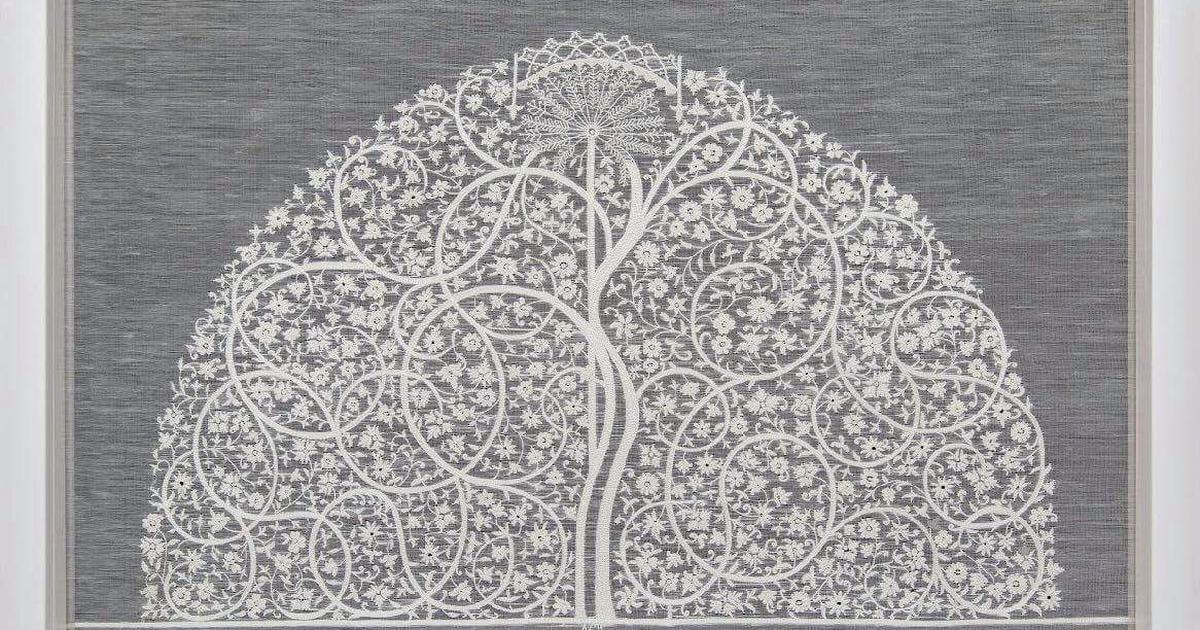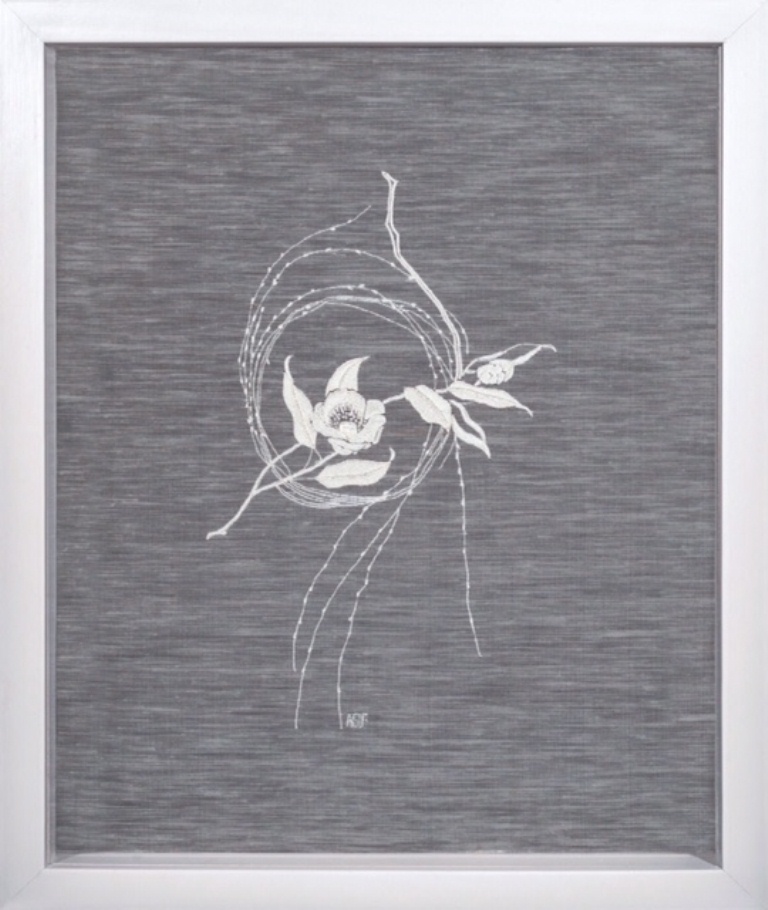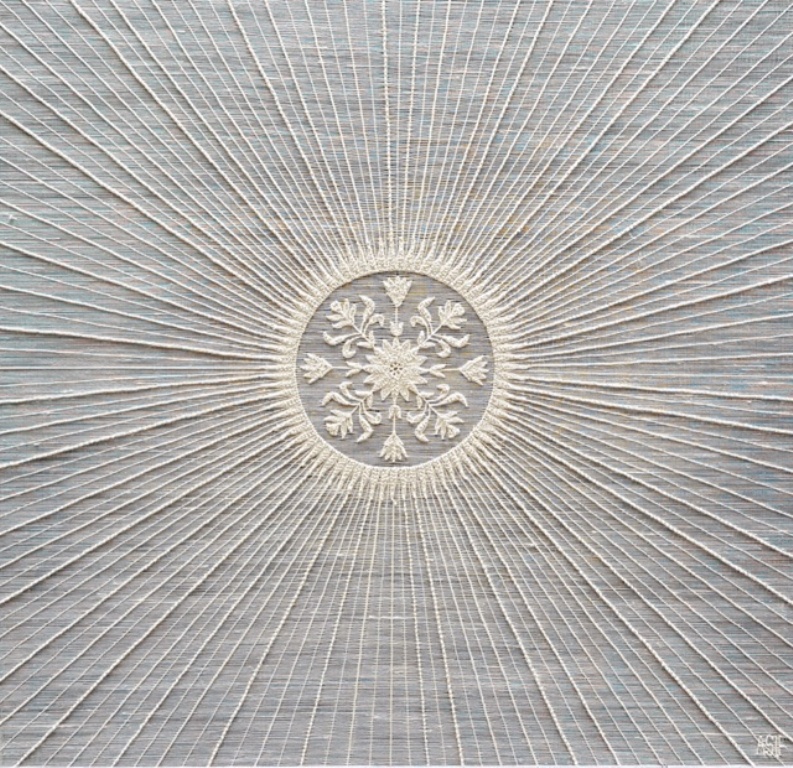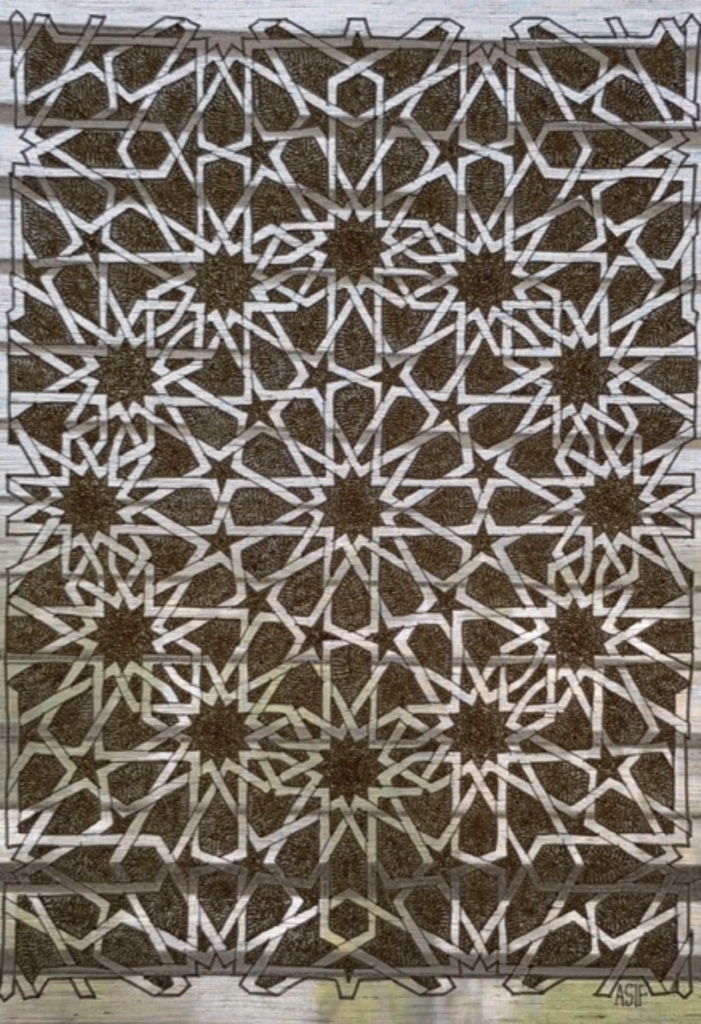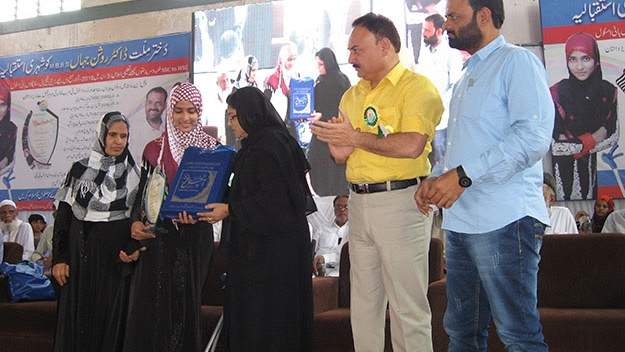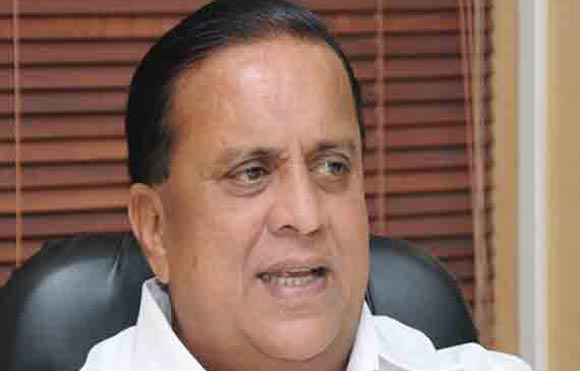Malegaon, MAHARASHTRA :

Maulana Mufti Mohammad Ismail
Malegaon :
Amidst an unprecedented victory for Mahayuti in the Maharashtra Assembly elections, all eyes were on the Malegaon constituency, which has the highest number of Muslim voters. The counting of votes in this constituency was the most thrilling thing. The voting pendulum swung with every round of counting. In the initial rounds, former MLA Asif Shaikh of the ‘Islam’ party led and after the 15th round, MIM candidate and MLA Maulana Mufti Mohammad Ismail emerged in a dominating position.
In the end, Maulana Mufti emerged victorious in a recount of votes.
The battle for Malegaon Central, with over 80% Muslim population, kept everyone on edge until the last moment. Finally, it was announced that Maulana Mufti Mohammad Ismail (MIM) received 109,653 votes. Asif Shaikh, contesting from the new ‘Islam’ party, was just 162 votes behind with 109,491 votes.
By securing victory in Malegaon, Maulana Mufti opened AIMIM’s account in Maharashtra and retained his seat. This marks his second consecutive win. He has thus become a MLA for the third time.
Towards the end of the assembly election, Maulana Mufti’s health deteriorated and it led to a sympathy wave in his favour. His supreme religious position as a Mufti, Imam of Idgah, respect among voters, and his strong opposition to crimes contributed to his victory.
On the other hand, independent candidate and former MLA Asif Shaikh got entangled in answering criminal allegations against him during the campaign. His responses failed to satisfy the voters. Additionally, the consolidated votes of the Momin (Ansari) community went to Maulana Mufti.
Asif Shaikh’s assumption that the Momin (Muslim) votes would be divided due to the Samajwadi Party’s Shan-e-Hind proved wrong.
Shan-e-Hind, daughter of former minister Nihal Ahmed, who had a record of winning five consecutive terms from the constituency, received only 9,580 votes while Congress’s Ejaz Beg received 7,485 votes.
Conversely, Maulana Mufti received strong support from the Dakhni community and the influential Yunus Isa family.
Maulana Mufti successfully convinced voters that Asif Shaikh and his family, who established the ‘Islam’ party, had a hand in the city’s crime. This significantly impacted Shaikh. Due to these allegations, the power loom factory owners in the city supported Maulana. This time, the campaign focused more on personal attacks rather than development issues.
It is said that Maulana benefited from his cordial relations with Nashik district guardian minister Dada Bhuse. Record development works were carried out in the Malegaon Outer constituency.
The campaign that these works would continue in the central constituency with Bhuse’s support also helped Maulana. On the other hand, Asif Shaikh’s direct opposition to Bhuse did not sit well with some. Despite being an opponent, Bhuse’s development works are appreciated by Muslim voters in the central constituency.
The campaign for the opportunity to complete approved important works in the constituency and the inauguration of some development works in the final stages proved beneficial for Maulana Mufti Mohammad Ismail. Despite facing opposition from Shan-e-Hind and Ejaz Beg, who were with him in the previous election, Maulana Mufti emerged victorious.
The influence of these two was minimal. Both secured only ten thousand votes. However, the narrow defeat of Asif Shaikh left him and his supporters disheartened.
With Maulana Mufti Mohammad Ismail’s victory, AIMIM opened its account in Maharashtra. The party had fielded 16 candidates in the state but only managed to win the Malegaon Central seat. AIMIM chief Asaduddin Owaisi congratulated Maulana Mufti Mohammad Ismail on this victory.
In his tweet, he wrote, “Congratulations to Mufti Ismail Sahab on being elected as Malegaon MLA for a second time. I am thankful to the people of Maharashtra who voted for us in large numbers. To our candidates, party workers, and supporters, I urge you all to not lose heart and to work with renewed resolve. If anything, the election results show that the people are looking for a genuine political alternative and that Majlis has established itself in Maharashtra’s politics.
source: http://www.awazthevoice.in / Awaz, The Voice / Home>Story / by ANI / November 25th, 2024
